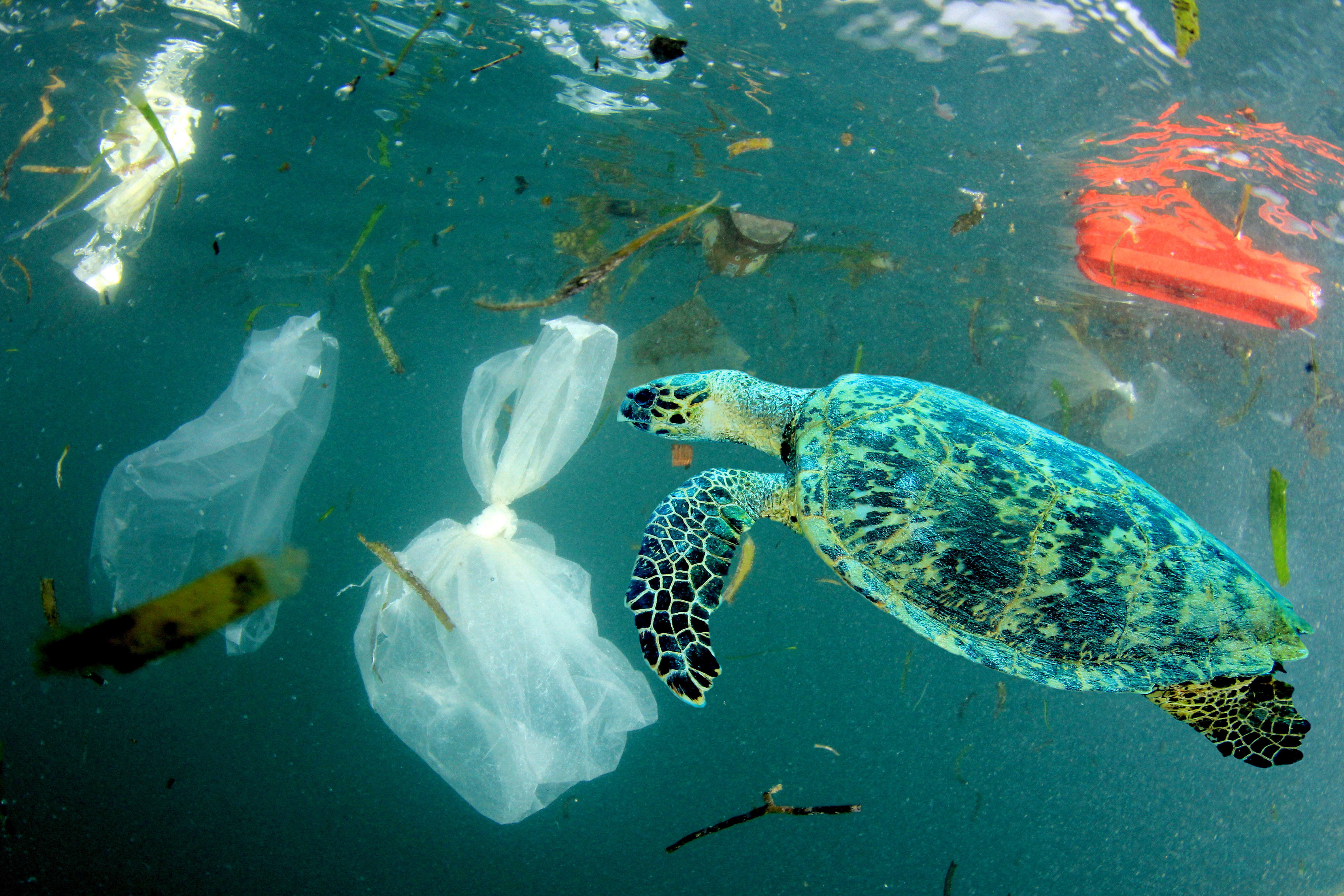The global chip shortage has exposed the ‘underlying problem’ of pushing consumers towards frequent upgrades of phones, tablets and other devices, according to the IT industry’s professional body.
Smartphones and electronics from watches to laptops should be kept supported longer and be repaired, reused and recycled, BCS, The Chartered Institute for IT said.
The global squeeze on chip supply, which also affects new car production, is not predicted to ease significantly until at least the end of 2022, following billions of pounds of investment. This should focus attention on the growing mountain of electronic waste and the potential to add years to the lifespan of devices, BCS argued.
Dr Bill Mitchell OBE, Director of Policy at BCS, The Chartered Institute for IT said: “The semiconductor industry can only significantly scale up production capacity over years, not months. Even though many tens of billions has been invested in new capacity since 2020 this is unlikely to make a big difference for another year maybe, if it all goes according to plan that is.
Continuing problems with supply chains
“So it’s hardly a surprise that continuing problems with variants like Omicron, entire supply chains are in a mess due to lack of capacity at ports to handle containers, and ad-hoc disasters such as fires, means the shortages have continued longer than people first thought they might.
For you
Be part of something bigger, join BCS, The Chartered Institute for IT.
“Those problems have affected both the low-end chip makers, the ones who put the chips in vacuum cleaners, electric toothbrushes and washing machines, as well as high end chip makers like Intel and AMD who produce the state of art CPUs for laptops and servers.
“Maybe with our need to reach Net Zero if we want to save the planet, it’s a good moment to think about keeping electronic equipment for longer rather than rushing off to buy the latest thing. Maybe I don’t need a new iPad or iPhone, or the new Play Station 5, and my car is fine for another three or so years if I look after it.”
Prioritise cutting e-waste
Alex Bardell, Chair of BCS’ Green IT Specialist Group added: “The underlying challenge that must be addressed is the very short life span of devices.
“The business model for electronics firms is to push their products, like smartphones, on ever smaller time cycles as a way of generating revenue.
“We must close the e-waste loop and make our assets work for us. Reuse, remanufacture and, then, as a final stage, recycling must be the way forwards.
“If our tablets, laptops, and smart phones ran for 10 years without grinding to a halt or app upgrades failing would we need quite as many new devices? This idea goes against the business model of many manufacturers - what other consumer product becomes obsolete after 3 years?”
Cutting e-waste came top of a BCS poll, carried out ahead of COP 26 in November last year, which asked IT experts what tech-related action government and the digital industries should look to prioritise.
The consumption rate of electronics is increasing by 3% annually, particularly in areas like the smartphone industry, and is a key contributor to e-waste, according to the Waste Electronic and Electrical Equipment (WEEE) Forum.

















